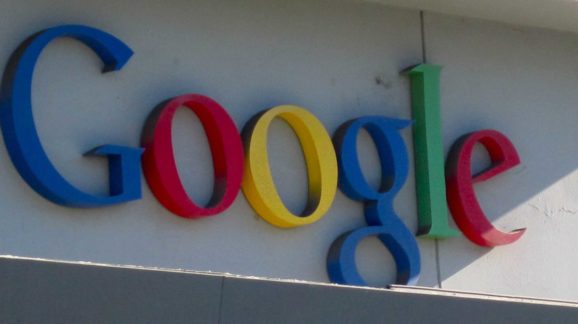CEI Criticizes European Union’s Antitrust Decision Against Google

The European Union announced its decision today to fine Google $5 billion in an antitrust case involving the tech giant’s Android operating system. Competitive Enterprise Institute (CEI) regulatory experts lamented the decision.
CEI fellow Ryan Young said the following about the news:
The European Union’s $5 billion antitrust decision against Google’s Android operating system could cause immense consumer harm by requiring Google to provide an inferior product for no good reason.
The decision is reminiscent of the EU’s similarly baseless crusade against Microsoft in the 1990s and 2000s. Not only are Google’s Android operating system, Chrome browser, Maps, Calendar, and other applications already available free of charge to consumers, but Google provides consumers easy access to competitors’ software through its Google Play app store.
Just as consumers used Microsoft’s own Internet Explorer browser to install Firefox and other competing software they liked better, unsatisfied Google users have easy, often free access to competing products. They can also leave the Google ecosystem entirely by buying an Apple iPhone. The real threat to innovation and consumers here is the EU, not Google.
CEI Vice President for Policy Wayne Crews also commented on the decision:
Dominance and popularity are not the same as a coercive monopoly. The European Commission is behaving in protectionist fashion, not in a manner benefitting consumers, and the fines are inappropriate, unwarranted, and plain wrong. Google is no monopoly, as the existence of Apple’s iPhone and other options attest; and there is always some new disruptive technology on the horizon (remember the MySpace monopoly? The AOL one?).
Different vendors have the right to test out different business models without interference from regulatory authorities, and consumers have the right to accept or reject them. And the core justification, the European Commission’s idea that people, otherwise capable of downloading millions of files on Play and iPhone mobile stores, cannot substitute a search engine or other preinstalled app is absurd on its face.
There are many ways that predatory antitrust adventurism, such as that of the European Commission and the United States alike, must be reformed to prevent future damage to the technology sector. The very phrase “competition commissioner” is internally contradictory, and stands in stark contrast to the phrase free enterprise.
Read more from CEI’s Wayne Crews: “European Regulators Wrong on Google Fine, Wrong on Antitrust Policy”